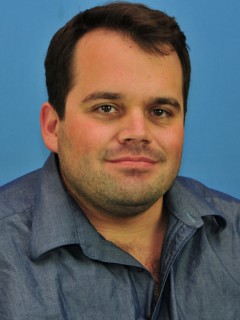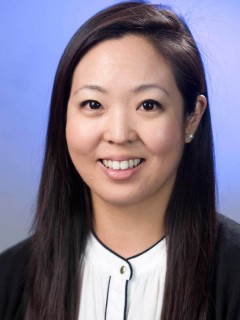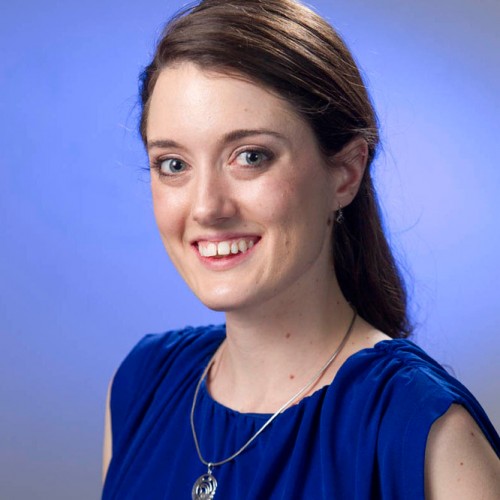The American Foundation for Pharmaceutical Education has awarded pre-doctoral fellowships to three PhD candidates at the school.
The fellowships, which the AFPE describe as “prestigious and highly competitive,” were awarded to Christine Solinsky, Anna Naito and John Gallagher.
“The primary goal of the AFPE Fellowship program is to identify and support students who have the potential to become leaders in the pharmaceutical profession,” the foundation states. “The selection process encompasses not only an examination of academic achievement, but also accomplishments that reflect the stature of the ‘total individual.’”
John Gallagher is a student in Dr. Clay Wang’s lab.
“With this fellowship, I will make novel derivatives of fungal metabolites to test them against protein complexes that are involved in the acquisition of a more malignant phenotype, which is seen when tumors become deprived of oxygen,” says Gallagher. “Additionally, the study and production of these metabolites will give further insight into the biosynthetic processes that are responsible for making these metabolites.”
Gallagher also was awarded the Russell Endowed Fellowship, granted to him by USC. According to the university, endowed PhD fellowships are for students who are making good progress to the degree in terms of both quality of work and timing, and who provide a compelling statement about their current or planned research.
“My research is fungal biosynthesis-oriented, and focuses on finding natural products that are of interest and studying them and how they are made,” explains Gallagher.
As for his future, Gallagher is still open to the various possibilities ahead of him.
“Given the dynamic nature of science, I am not sure what my ultimate career objective is,” he says. “However, I would like for my ultimate career to include teaching responsibilities.”
Anna Naito’s mentor was the late Dr. Ronald Alkana.
Her research focuses on neuropharmacology, addiction, reward, motivation, and identifying molecular mechanisms and drug targets. Specifically, Naito says that the research allows her to continue her work in developing “ultra-sensitive ethanol receptors to understand the underlying causes and targets of alcohol reward and addiction.”
“The idea that we can change so many people’s lives by defining the molecular targets of reward and addiction is inspiring,” she says. “By understanding the mechanism that drives alcoholism, we can reduce the 100,000 annual deaths in the U.S. and lower the annual $235 billon in health care costs associated with alcoholism.”
Naito, who is concurrently pursuing a master’s degree in regulatory science at the school, hopes to eventually lead clinical development teams in the pharmaceutical industry.
Christine Solinsky is a student in Dr. Roberta Diaz Brinton’s lab.
“With this fellowship, I will continue my doctoral research project through which I aim to develop induced pluripotent stem cell – or adult stem cell – models for the Jalisco and Colombian familial Alzheimer’s disease mutations,” says Solinsky. “I will also be evaluating the efficacy and mitochondrial mechanisms of the investigational therapeutic allopregnanolone in rescuing the compromised phenotypes associated with Alzheimer’s.”
Solinsky is the first PhD student in the School’s Clinical and Experimental Therapeutics program to win this fellowship.
“The fellowship will allow me to spend more time focusing on research, and also provides valuable opportunities for networking and career development,” she says.
She adds that her ultimate career objective is to work in regenerative therapeutic development related to Alzheimer’s disease.
“Ideally, I hope to have the opportunity to interact with patients, as well as conduct and lead iPSC-based programs of research.”




